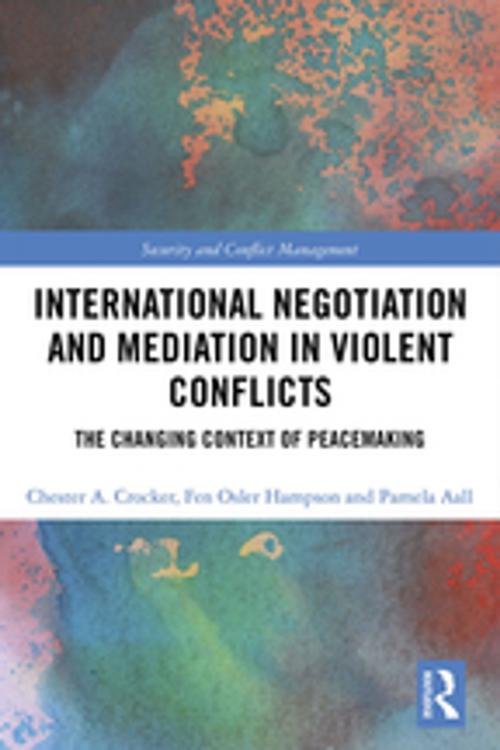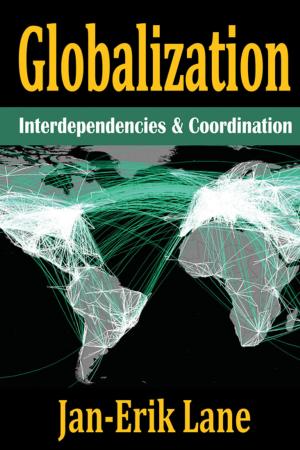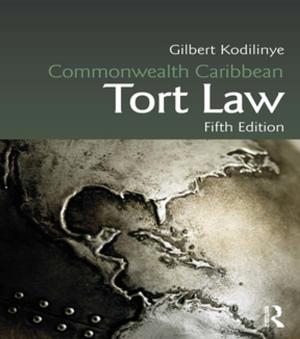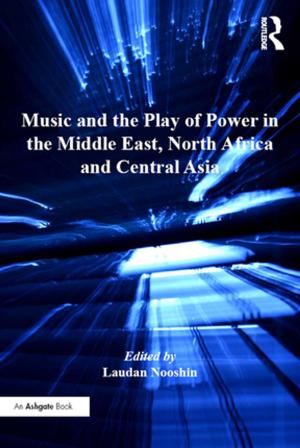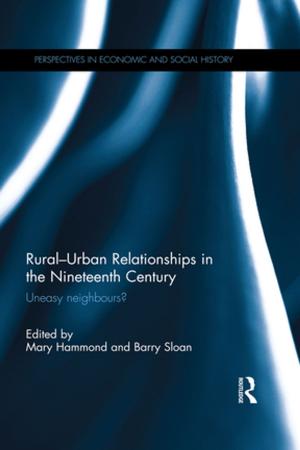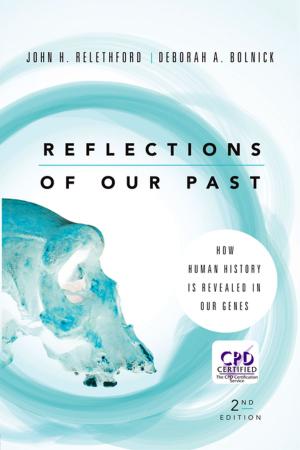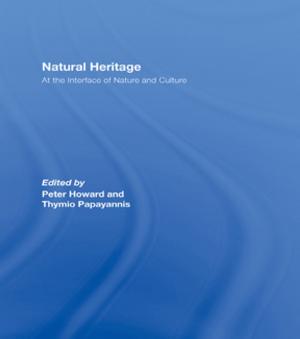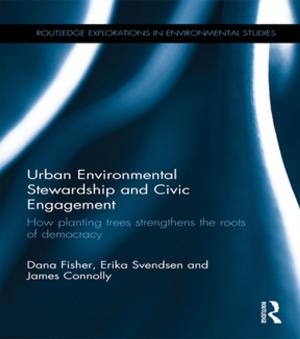International Negotiation and Mediation in Violent Conflict
The Changing Context of Peacemaking
Nonfiction, Social & Cultural Studies, Political Science, International, International Security, International Relations| Author: | Chester A. Crocker, Fen Osler Hampson, Pamela Aall | ISBN: | 9781351785013 |
| Publisher: | Taylor and Francis | Publication: | February 6, 2018 |
| Imprint: | Routledge | Language: | English |
| Author: | Chester A. Crocker, Fen Osler Hampson, Pamela Aall |
| ISBN: | 9781351785013 |
| Publisher: | Taylor and Francis |
| Publication: | February 6, 2018 |
| Imprint: | Routledge |
| Language: | English |
This collection of essays situates the study and practice of international mediation and peaceful settlement of disputes within a changing global context.
The book is organized around issues of concern to practitioners, including the broader regional, global, and institutional context of mediation and how this broader environment shapes the opportunities and prospects for successful mediation. A major theme is complexity, and how the complex contemporary context presents serious challenges to mediation. This environment describes a world where great-power rivalries and politics are coming back into play, and international and regional organizations are playing different roles and facing different kinds of constraints in the peaceful settlement of disputes. The first section discusses the changing international environment for conflict management and reflects on some of the challenges that this changing environment raises for addressing conflict. Part II focuses on the consequences of bringing new actors into third-party engagement and examines what may be harbingers for how we will attempt to resolve conflict in the future. The third section turns to the world of practice, and discusses mediation statecraft and how to employ it in this current international environment. The volume aims to situate the practice and study of mediation within this wider social and political context to better understand the opportunities and constraints of mediation in today’s world. The value of the book lies in its focus on complex and serious issues that challenge both mediators and scholars.
This volume will be of much interest to students, practitioners, and policymakers in the area of international negotiation, mediation, conflict resolution and international relations.
This collection of essays situates the study and practice of international mediation and peaceful settlement of disputes within a changing global context.
The book is organized around issues of concern to practitioners, including the broader regional, global, and institutional context of mediation and how this broader environment shapes the opportunities and prospects for successful mediation. A major theme is complexity, and how the complex contemporary context presents serious challenges to mediation. This environment describes a world where great-power rivalries and politics are coming back into play, and international and regional organizations are playing different roles and facing different kinds of constraints in the peaceful settlement of disputes. The first section discusses the changing international environment for conflict management and reflects on some of the challenges that this changing environment raises for addressing conflict. Part II focuses on the consequences of bringing new actors into third-party engagement and examines what may be harbingers for how we will attempt to resolve conflict in the future. The third section turns to the world of practice, and discusses mediation statecraft and how to employ it in this current international environment. The volume aims to situate the practice and study of mediation within this wider social and political context to better understand the opportunities and constraints of mediation in today’s world. The value of the book lies in its focus on complex and serious issues that challenge both mediators and scholars.
This volume will be of much interest to students, practitioners, and policymakers in the area of international negotiation, mediation, conflict resolution and international relations.
